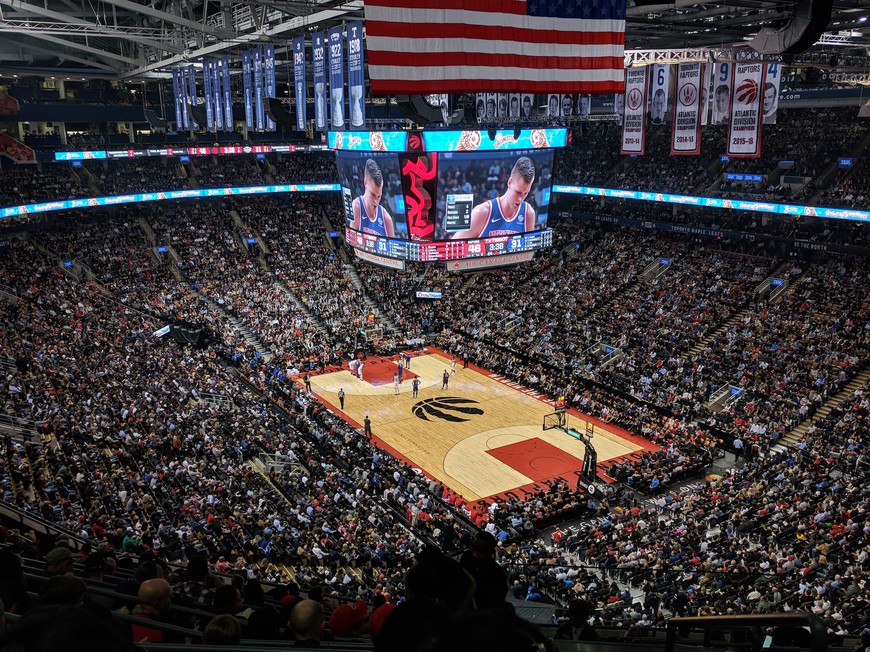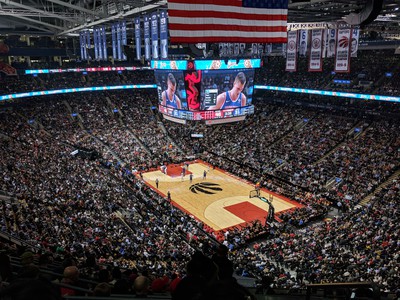

What we know is that the demand for online gaming has increased significantly over the past years, and thousands of Quebecers opt for private online gaming sites.
An industry-led group in Québec that wants to establish a regulated market for iGaming similar to neighboring Ontario's said three professional sports leagues — the NBA, MLS, and, most importantly, the CFL — also back the idea.
That support could prove pivotal in the long run, as the Québec Online Gaming Coalition (QOGC) aims to convince the provincial government to abandon its current system — a monopoly on gaming granted to the provincial lottery, Loto-Québec — in favor of one where the province licenses private operators and there is an independent regulator. Online poker is also a long-term possibility.
In an exclusive interview with Canada Gaming Review, QOGC spokesperson Nathalie Bergeron said the three leagues had recently “expressed their support in favor of the concept of modernizing Quebec’s gaming system, as they had previously done with the regulatory model in Ontario.
“They view sports betting as a valuable way of enhancing fan experience and believe regulated markets are the best way to promote safe and responsible gaming,” Bergeron told CANGR on Friday. “The gaming industry, including sports betting, has many stakeholders outside of the private operators, and we believe everyone’s point of view should be heard.”
Bergeron said the QOGC has had a regular dialogue with the provincial government’s Finance Ministry since the two sides met over the summer. She added that with the National Assembly opening its parliamentary session on September 6, “various stakeholders are now paying attention to the situation and are participating in the discussion.”
- Or get up to $100 worth of rewards
- Available in many regulated markets
- Great MTT schedule including WSOP events
Province Could Get Millions by Licensing Operators
Based on Ontario’s regulatory model, we estimate that the Québec government could earn a minimum of $230 million [CAD] annually in additional revenues by licensing private operators.
The news that the three leagues support a regulated market for online poker, casino gaming, and sports betting comes after Loto-Québec reported that its gaming sector generated $202.9 million in revenue during Q1 2023, which began April 1. That included $50.2 million from online casino gaming.
By comparison, regulators in Ontario reported in July that online casino gaming made $297.8 million in revenue during their Q1.
When asked if a system of private operators with an independent regulator — a setup that QOGC advocates — would have fared better, Bergeron said making a precise comparison is difficult.
“We can’t answer that without a crystal ball, as there is no framework right now to collect and analyze the data,” she said. “A new regulatory model would allow us to accurately calculate the revenues generated by actors from various sectors of online gaming.
“We can only make assumptions based on the fact that at least 50% of consumers who play online have done so on privately operated platforms. However, based on Ontario’s regulatory model, we estimate that the Québec government could earn a minimum of $230 million [CAD] annually in additional revenues by licensing private operators. This, of course, would be complementary to Loto-Québec’s current offer.”
- Use bonus code
FUSEBONUS - Generous welcome bonus
- Minimum deposit of just $10
Online Gambling Outpacing Land-Based
In regulated markets, consumers have access to the same high standards of responsible gaming whether they choose to play with the Crown corporation or with private operators. That should be the first evaluation criteria.
Online gaming is growing faster than Loto-Québec’s casinos and gaming halls. According to the lottery, online gaming grew 6.4% year-over-year ($47.2 million), while land-based gaming increased 3.5% ($147 million).
“The reality is that Loto-Québec offers both on-site and online operations, while the offer of the Coalition’s members is only online, which makes it difficult to compare both on the same level,” Bergeron said. “What we know is that the demand for online gaming has increased significantly over the past years, and thousands of Quebecers opt for private online gaming sites.”
Bergeron added that while the provincial lottery claims to have more than half of Québec’s online gaming market, “we only need to look at Ontario’s online gaming market to estimate it is less than that.
“Even if it were accurate, this would still mean that 50% of Quebecers play on privately operated sites, and therefore, it would be easy to conclude that a regulated market including private operators would have generated more revenues.”
But the government should be more focused on consumer protection than revenue.
“In regulated markets, consumers have access to the same high standards of responsible gaming whether they choose to play with the Crown corporation or with private operators,” she said. “That should be the first evaluation criteria.”



